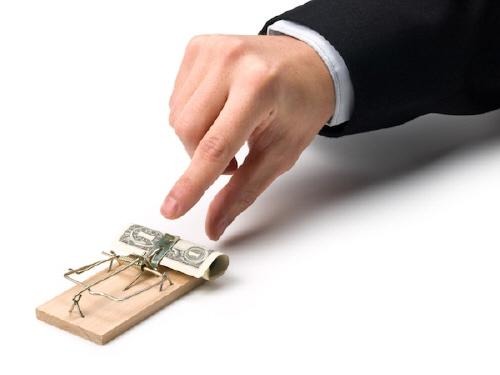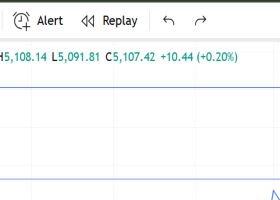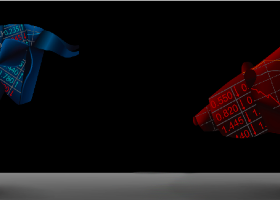
There is one immutable rule in trade, which is: "Always stick to your
stop orders." Before entering each transaction, you should know your
risk tolerance threshold. This is - the best way to make sure that your
losses are controlled, and you do not get too emotional in their trade.
Trading is a tough business. According to statistics, more traders unsuccessful than successful. But most traders fail not because their market valuations are wrong, but because they are too emotional in the trading process. Their failures are due to the fact that it is too early to close their profitable trades, or allow losses to go too far. Risk should be predetermined. The best time to consider your risk before you place a trade when your market assessments regarding the objective, and your trading decisions free from the price action. On the other hand, if you have already made a deal and want to keep it, until it becomes the winning, it unfortunately does not always happen. You must determine the worst-case scenario for your transaction, and place a stop order on the basis of the calculated risk value or technical level. We emphasize once again that the risk should be predetermined before you enter the market, and you should stick to its parameters. Do not let your emotions affect your decisions and change their stops.

Risk
Each transaction, no matter how confident you are in its result, a simple assumption. No one can be fully confident in the deal. There are too many external factors that can alter the movement of the currency market. Sometimes fundamental factors may change the overall trading environment and sometimes can affect unaccounted factors such as the optional barrier big players of transactions, etc. Make sure you are prepared for this uncertainty in advance by adjusting your stop loss.

Profit
Possible gains, on the other hand, is also unknown. When a currency pair is moving, the movement can be huge or small. In this case, money management becomes particularly important. Introducing our rule: "Never let a winning trade turn into a losing one," we preach the trade in parts. This can be done through trade mini lots. Through this approach, we can capture the profit in the first part of the transaction and move your stop to break even on the second part of the deal to secure a positive result of the transaction and leave the opportunity to extract more profits in the case of continuation of favorable movements.

Trend your friend
Trends can last for days, weeks or even
months. That is why the majority of automatic trading strategies in the
Forex market based solely on trends. Their concept implies that any
trend movement, which they take, will be able to compensate for any
loss, obtained in trade for range-market. Although we believe that the
trade in a range in flat also can bring good returns, we understand the
reason why the major parties to focus on the search trends. Therefore,
if we are in the range of the market, then fixing our profits in the
first part of trading positions and exiting stopped out at break even on
the second, we are still in profit. However, if there is indeed a trend
to develop, we will continue to hold the second part of the position
based on potentially large profits.
Half of success in the
market is related to the trading strategy, and the other half, of
course, with money management. Even if you have losing trades, you have
to take them and learn from their mistakes. No strategy is immune to
errors and does not work in 100% of cases. However, if a failure occurs
in accordance with the strategy, which in the past often fire, then
analyze those losses and move on.
Key point is to make
your trading approach to be effective, but is not dependent on any
single transaction. Once you can do that, your emotions will not affect
your results, regardless of whether you are trading on the account in
1000 dollars or 100,000.
Remember to trade gain is often a matter of luck, but the loss is always a question of skill.


